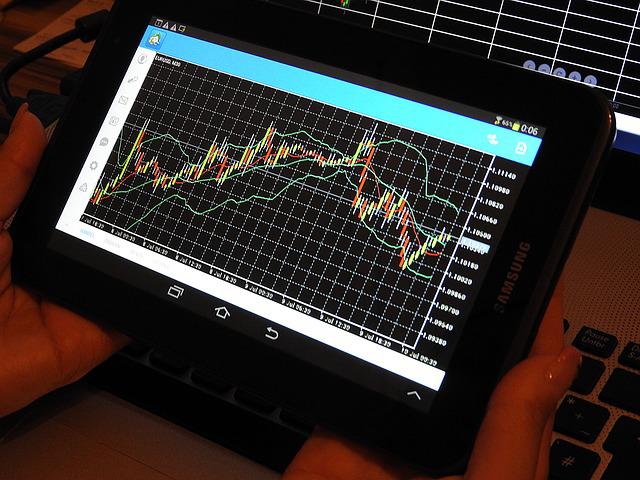Introduction
Tether (USDT) is a stablecoin that is pegged to the US dollar. It was created to allow traders and investors to easily move funds between different cryptocurrency exchanges without having to convert to fiat currency. Tether has gained popularity in the crypto community due to its stability and widespread acceptance. However, like any investment, there are risks and benefits to consider before investing in Tether. Bitcoin trading, you may consider using a reputable trading platform like bitindexai.me.
What is Tether?
Tether is a cryptocurrency that is backed by a reserve of assets, including traditional currencies, cash equivalents, and, from time to time, other assets and receivables from loans made by Tether to third parties, which may include affiliated entities. Tether claims that each USDT is backed 1:1 by a corresponding US dollar held in reserve. This makes Tether a stablecoin, which means its value is tied to the US dollar and is not subject to the volatility of other cryptocurrencies.
Benefits of Investing in Tether
Stability: Tether is a stablecoin, which means its value is tied to the US dollar. This makes it less volatile than other cryptocurrencies, which can experience significant price swings.
Wide Acceptance: Tether is widely accepted on most major cryptocurrency exchanges. This means it can be easily bought, sold, and traded, making it a convenient option for investors and traders.
Low Fees: Tether transactions typically have low fees compared to other cryptocurrencies. This makes it an attractive option for those looking to move funds between exchanges or trade cryptocurrencies.
Security: Tether uses blockchain technology to secure transactions, which makes it a secure option for investors and traders. In addition, Tether regularly undergoes audits to ensure that the reserve of assets backing each USDT is accurate.
Risks of Investing in Tether
Regulatory Risk: The use of stablecoins is still a relatively new concept, and regulatory authorities are still figuring out how to approach them. There is a risk that regulatory authorities may deem Tether illegal or impose restrictions on its use, which could negatively impact its value.
Counterparty Risk: Tether is backed by a reserve of assets held by the company behind the stablecoin. If the company were to go bankrupt or suffer a significant loss, it could impact the value of Tether.
Market Risk: Although Tether is a stablecoin, its value can still be impacted by market conditions. If there were a sudden increase in demand for Tether, it could cause its value to increase above the value of the US dollar. Conversely, if there were a sudden decrease in demand for Tether, it could cause its value to decrease below the value of the US dollar.
Transparency Risk: Tether has been criticized for its lack of transparency in the past. While the company claims to undergo regular audits, there is still some uncertainty surrounding the reserve of assets backing each USDT.
How to Invest in Tether
Investing in Tether is similar to investing in other cryptocurrencies. It can be bought, sold, and traded on most major cryptocurrency exchanges. Investors and traders can also choose to hold Tether as a stablecoin to avoid the volatility of other cryptocurrencies.
Conclusion
Tether is a stablecoin that offers benefits such as stability, wide acceptance, low fees, and security. However, like any investment, there are risks to consider, including regulatory risk, counterparty risk, market risk, and transparency risk. Investors and traders should carefully weigh these risks and benefits before investing in Tether.
FAQs
Is Tether a good investment?
It depends on your investment goals and risk tolerance. Tether offers stability and low fees, but there are also risks to consider.
How is Tether different from other cryptocurrencies?
Tether is a stablecoin that is pegged to the US dollar, which means its value is not subject to the volatility of other cryptocurrencies.
Can Tether be used as a long-term investment?
It is possible to hold Tether as a long-term investment to avoid the volatility of other cryptocurrencies, but investors should carefully consider the risks and benefits before doing so.
How is the value of Tether determined?
The value of Tether is determined by the reserve of assets backing each USDT. Tether claims that each USDT is backed 1:1 by a corresponding US dollar held in reserve.
Is Tether audited?
Tether claims to undergo regular audits to ensure that the reserve of assets backing each USDT is accurate. However, there is still some uncertainty surrounding the transparency of these audits.













